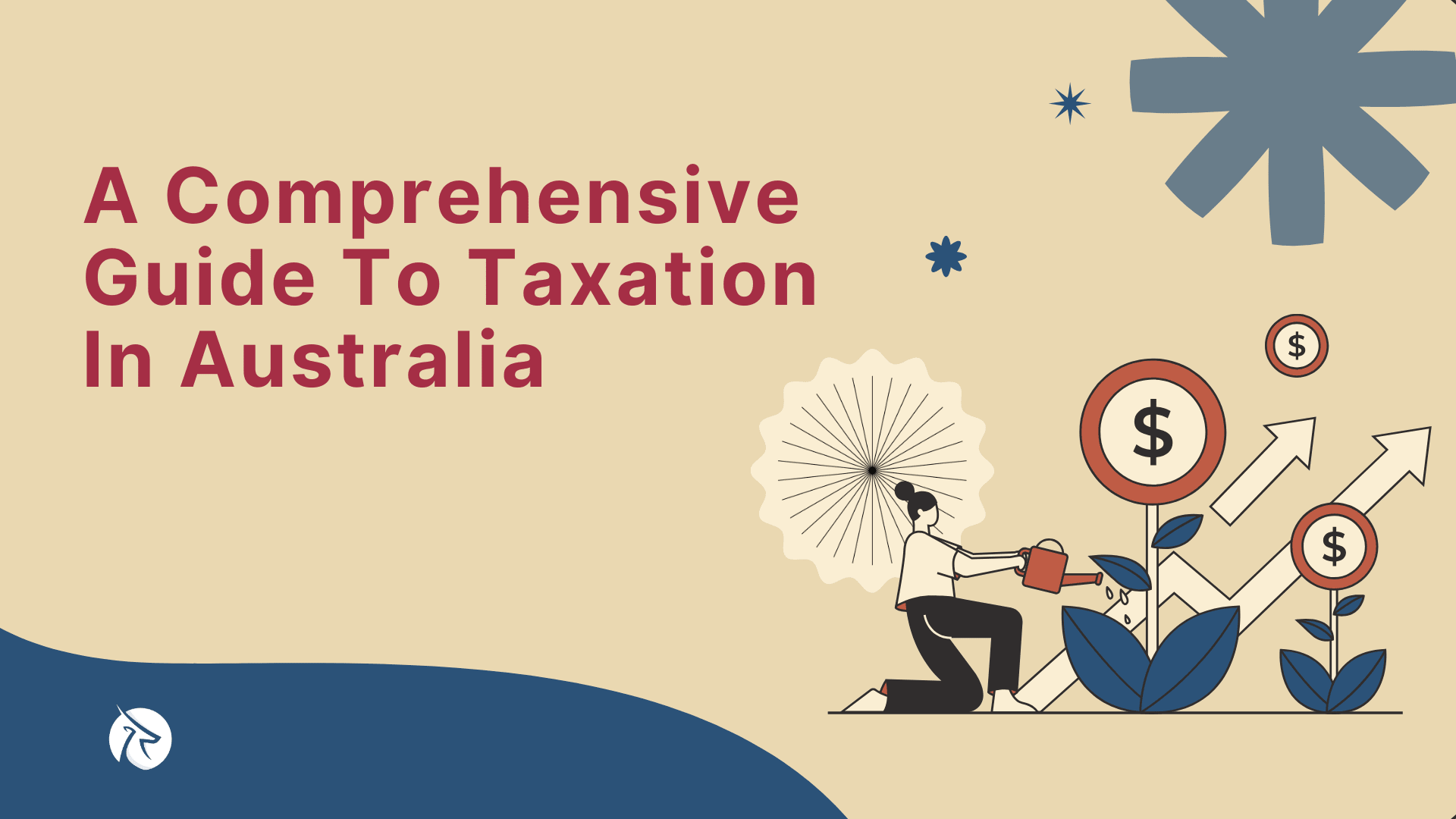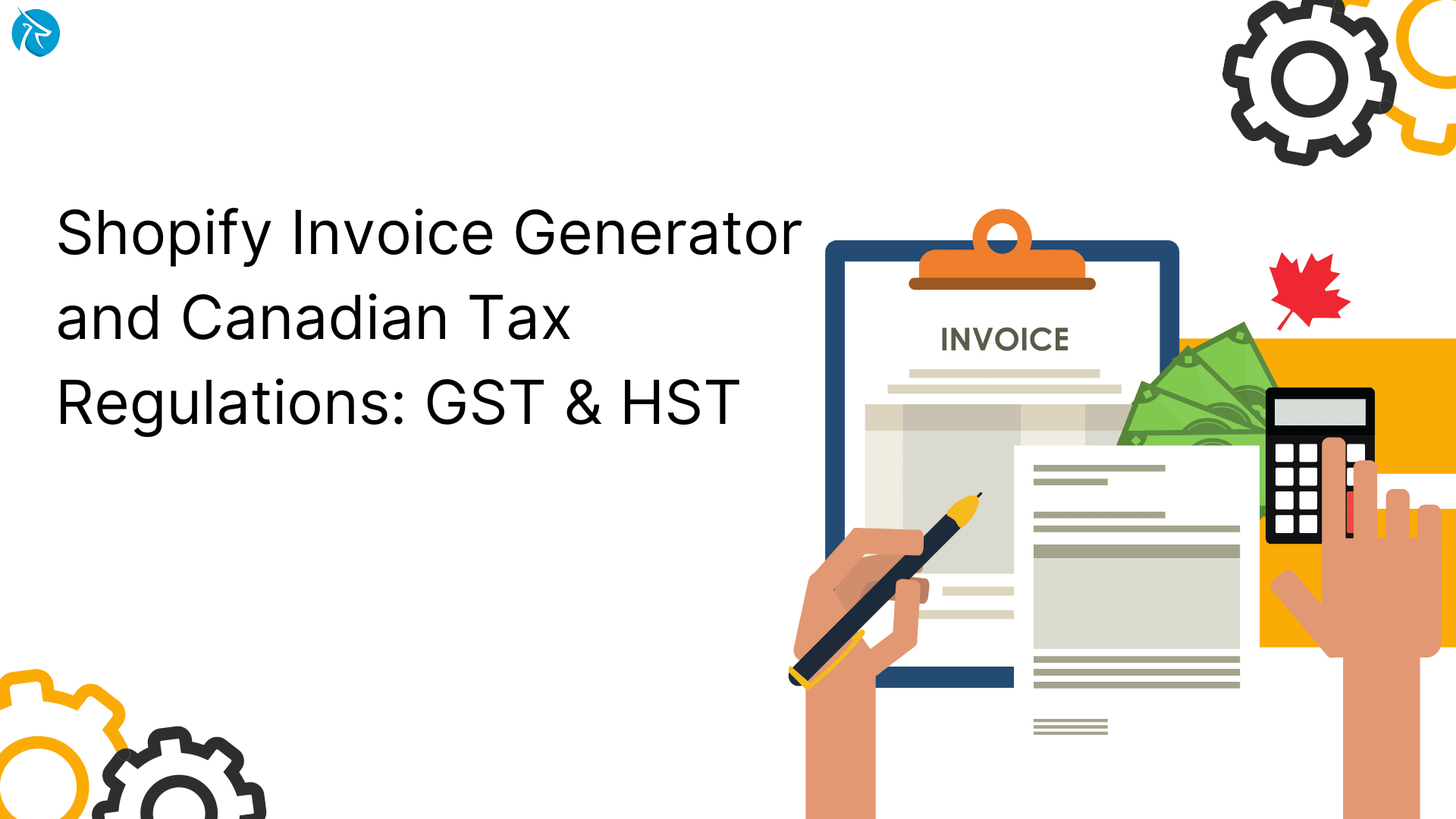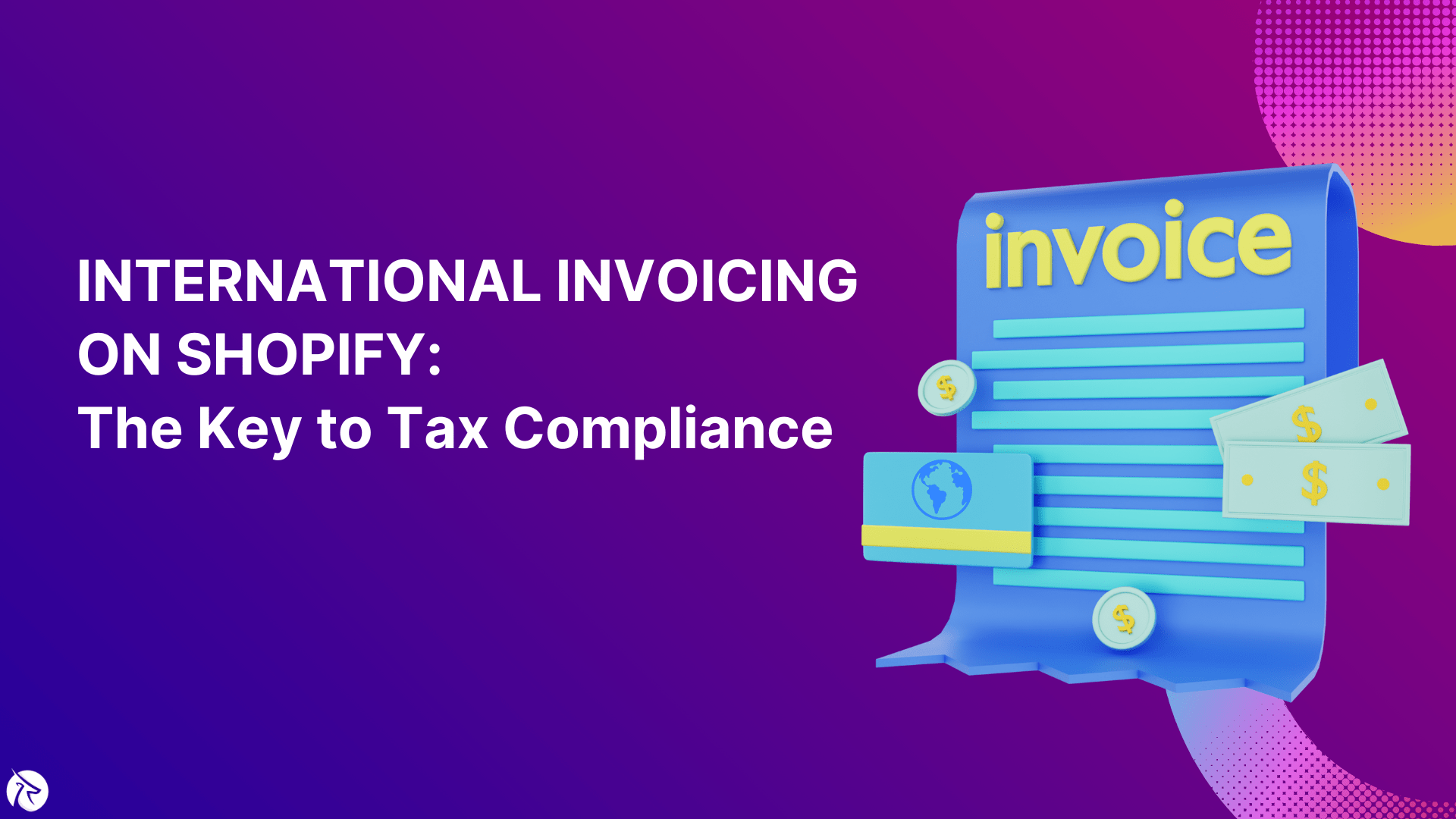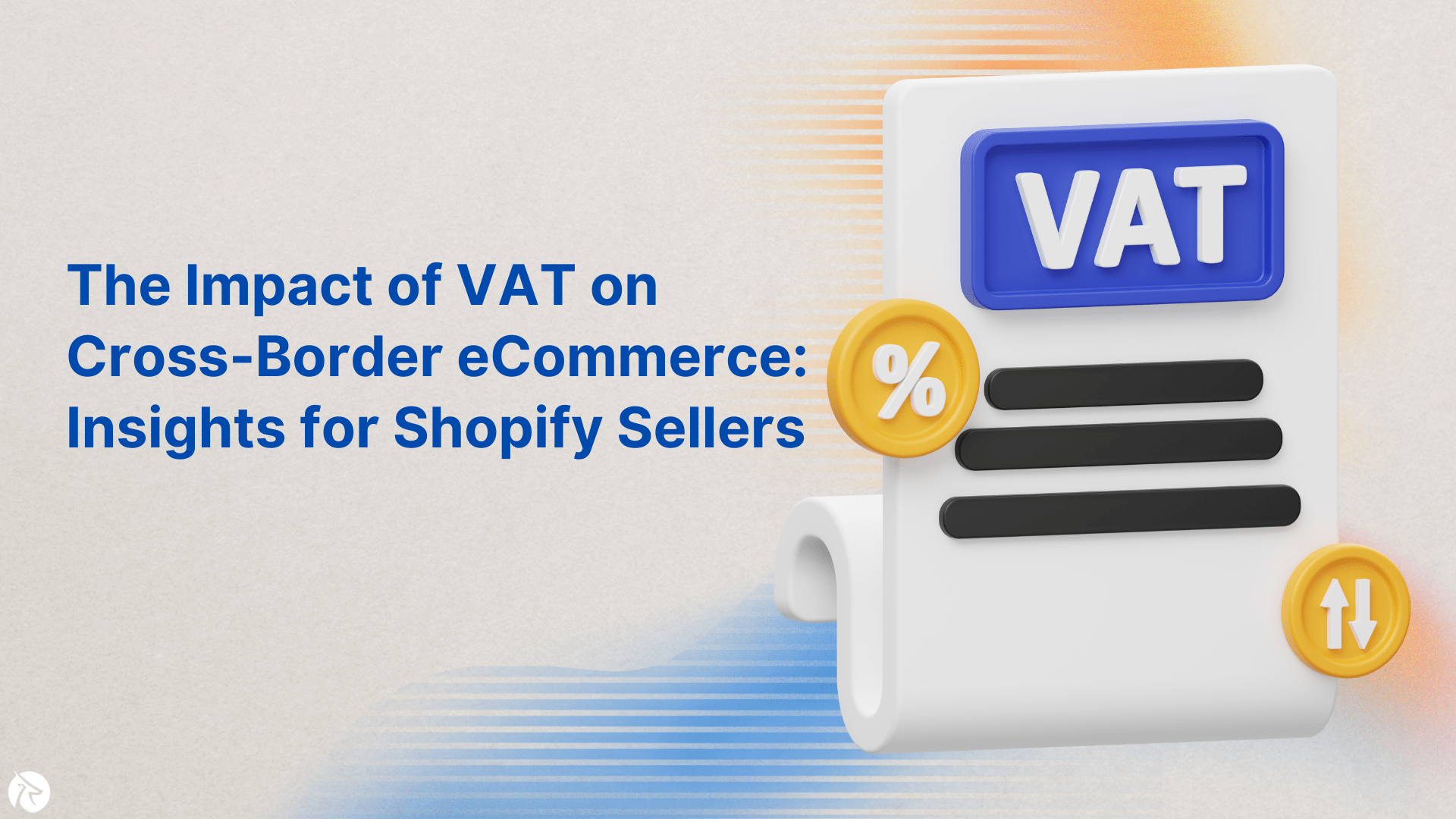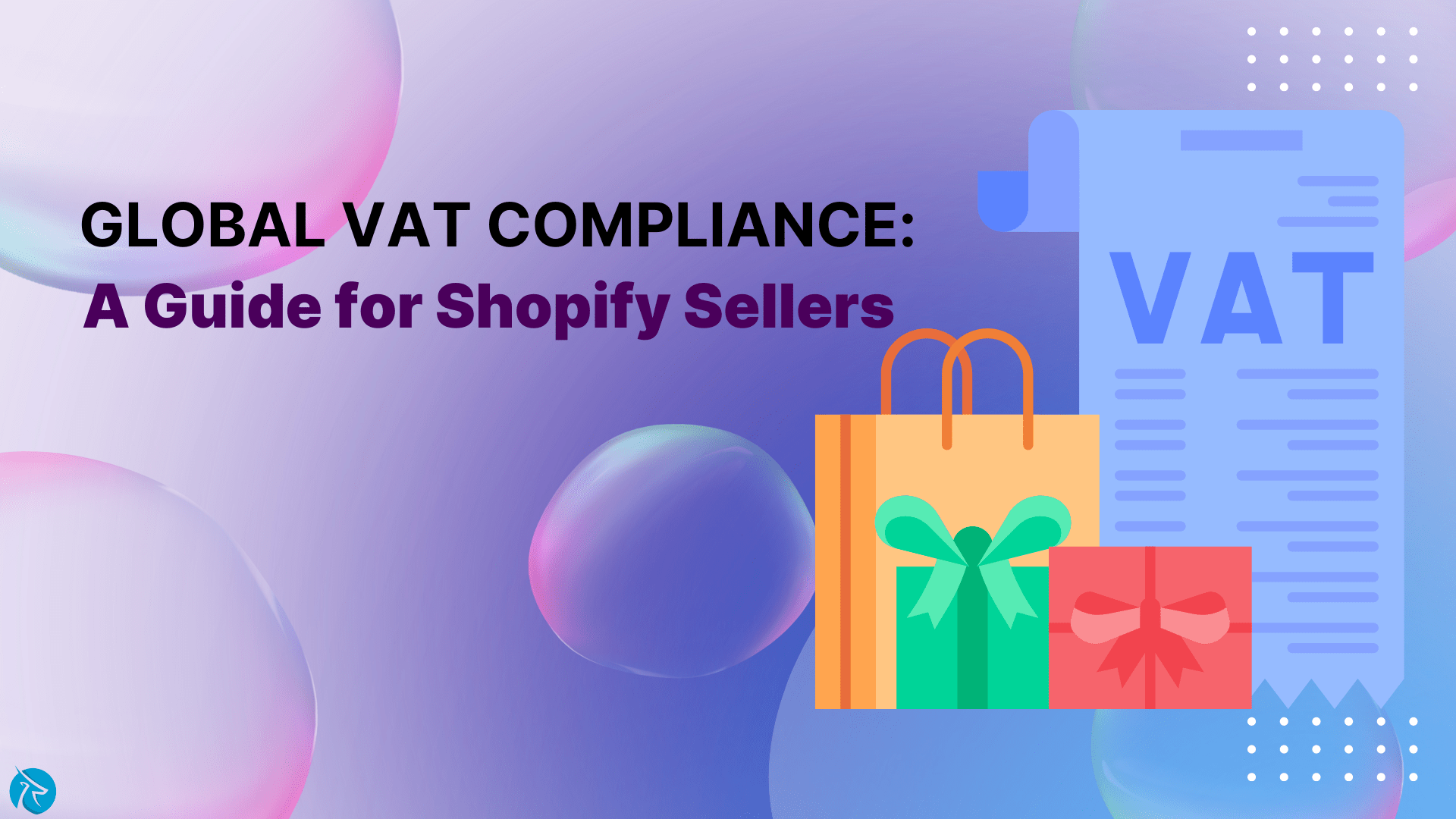Understanding VAT Registration: When and Why Your Business Should Register
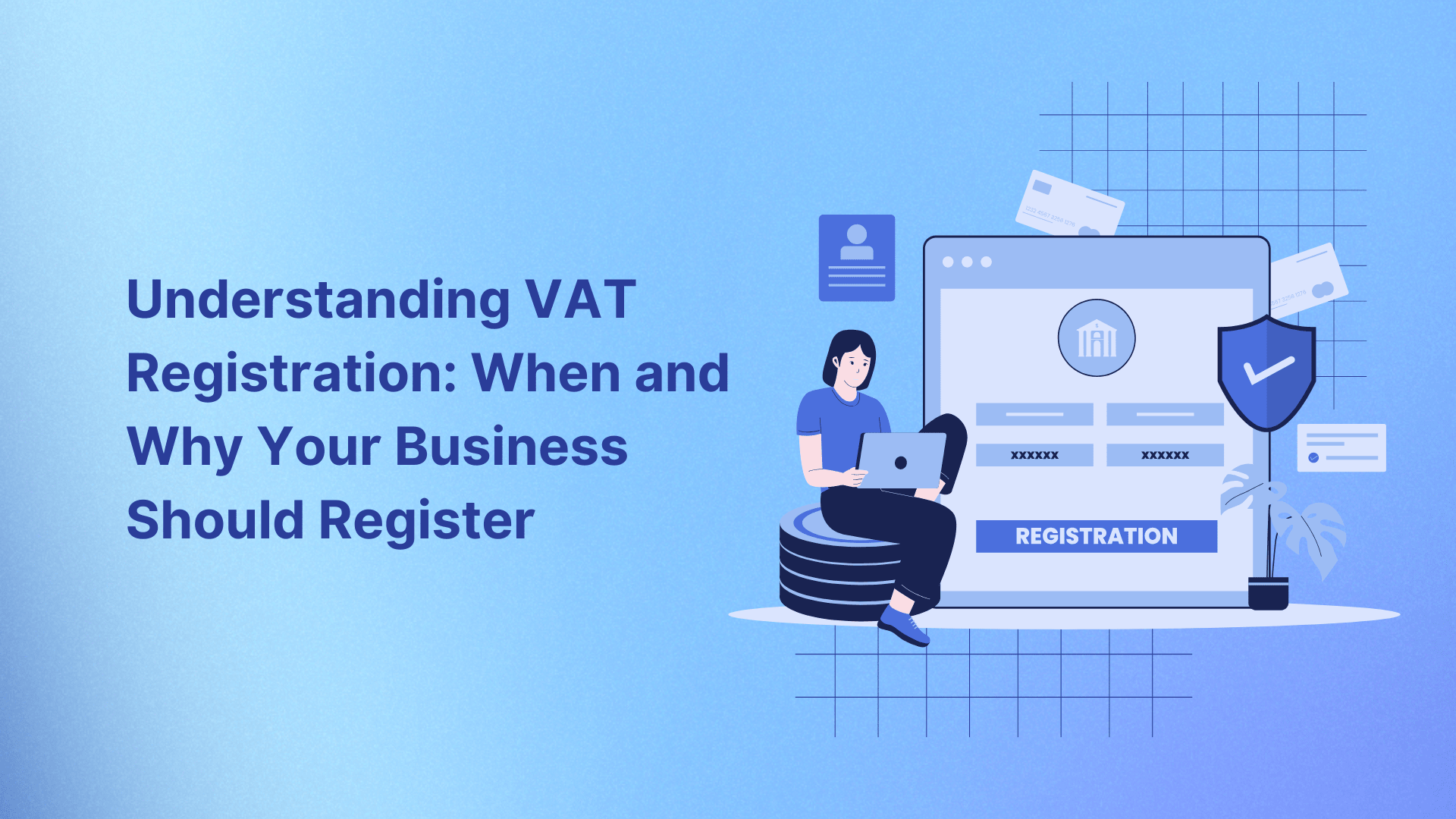
If you’re running a business, especially one that involves cross-border sales or works with B2B partners, you’ve probably come across VAT (Value-Added Tax). But when is VAT registration necessary? And if it’s optional, should you still register? Let’s break it down in simple terms! If you’re VAT registered, check out this checklist to ensure the compliance for your business.
1. What Is VAT, and When Do You Need to Register?
VAT is a tax applied to most goods and services sold. Whether or not you need to register depends on your business’s annual revenue:
- If your revenue exceeds the threshold: VAT registration is mandatory in most countries. Each country sets its own revenue threshold for VAT registration, so you need to check the rules specific to where your business operates. Once registered, you must charge VAT on your sales and submit VAT returns regularly.
- If your revenue is below the threshold: You’re not required to register, but you can choose to do so voluntarily. Voluntary registration is common among businesses looking to take advantage of VAT deductions on purchases or to appear more professional to partners and customers.
Why register if it’s optional?
Even if your revenue doesn’t require it, VAT registration offers benefits:
- Cost Savings: You can deduct the VAT you pay on business-related expenses, reducing your overall costs.
- Professional Image: Many B2B partners and customers prefer working with VAT-registered businesses, as it simplifies their own tax filings.
Why Should B2B Businesses Register for VAT?
For B2B businesses, VAT registration is almost always a smart move, even if it’s not mandatory. Here’s why:
- Clients Expect VAT Invoices: Most B2B clients will request VAT-compliant invoices to claim back the VAT they pay on your products or services. If you’re not VAT-registered, you can’t issue these invoices, and this could deter potential clients from working with you.
- Builds Trust and Credibility: Being VAT-registered signals to partners that your business is legitimate and established, which can give you an edge in competitive markets.
2.Already Registered for VAT? Here’s How It Works
Once you’re VAT-registered, how you apply VAT depends on the type of sales you make:
Domestic Sales:
- You must charge the local VAT rate of your country on all sales to customers within your country.
- This rate varies depending on the type of goods or services you provide, as some may qualify for reduced or zero VAT rates.
Cross-Border Sales Within the EU:
- If revenue is below the threshold: For small-scale cross-border sales, you can continue applying your local VAT rate. However, you’ll still need to monitor your revenue carefully to ensure you don’t exceed the threshold.
- If revenue exceeds the threshold: Once you surpass the EU cross-border sales threshold, you must charge the VAT rate of your customer’s country. In this case, you’ll need to either register for VAT in each customer’s country or use the One Stop Shop (OSS) system for streamlined reporting.
3.What Is the One Stop Shop (OSS) System?
The OSS system is a VAT compliance solution designed to simplify tax obligations for businesses selling across EU member states. Instead of registering for VAT in multiple countries, you can:
- Register for OSS in One EU Member State: Choose one country to handle your VAT obligations for all EU cross-border sales.
- File a Single VAT Return: Submit one consolidated VAT return that includes all cross-border transactions within the EU, instead of separate returns for each country.
Benefits of Using OSS
- Saves Time: Registering for VAT in multiple countries is time-consuming and complex. OSS eliminates the need for multiple registrations by centralizing the process in one country.
- Simplifies Tax Management: With OSS, you only need to file a single VAT return, even if you’re selling to customers in multiple EU countries. This reduces administrative burdens significantly.
- Improves Compliance: OSS ensures your business complies with EU VAT regulations without requiring extensive documentation or country-specific registrations.
4.Conclusion: Is VAT Registration Necessary?
The decision to register for VAT depends on your business’s operations and target customers. If you’re working with B2B clients or selling across borders, VAT registration is highly beneficial—even if it’s not legally required. For businesses operating within the EU, the OSS system is an invaluable tool for simplifying VAT compliance and ensuring smooth cross-border transactions.
By understanding your VAT obligations and leveraging systems like OSS, you can maintain compliance, strengthen relationships with clients, and position your business for long-term success in a global market.




